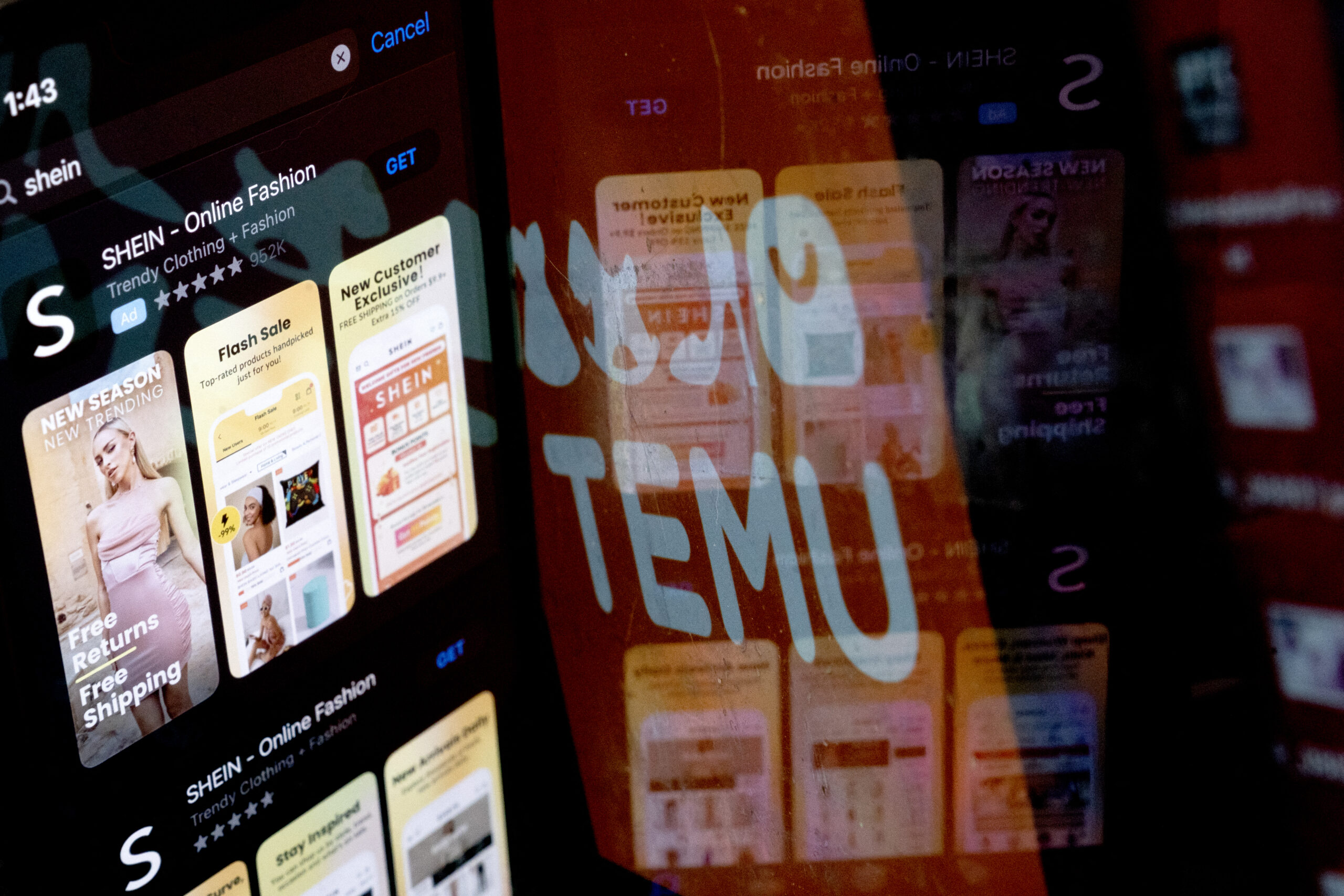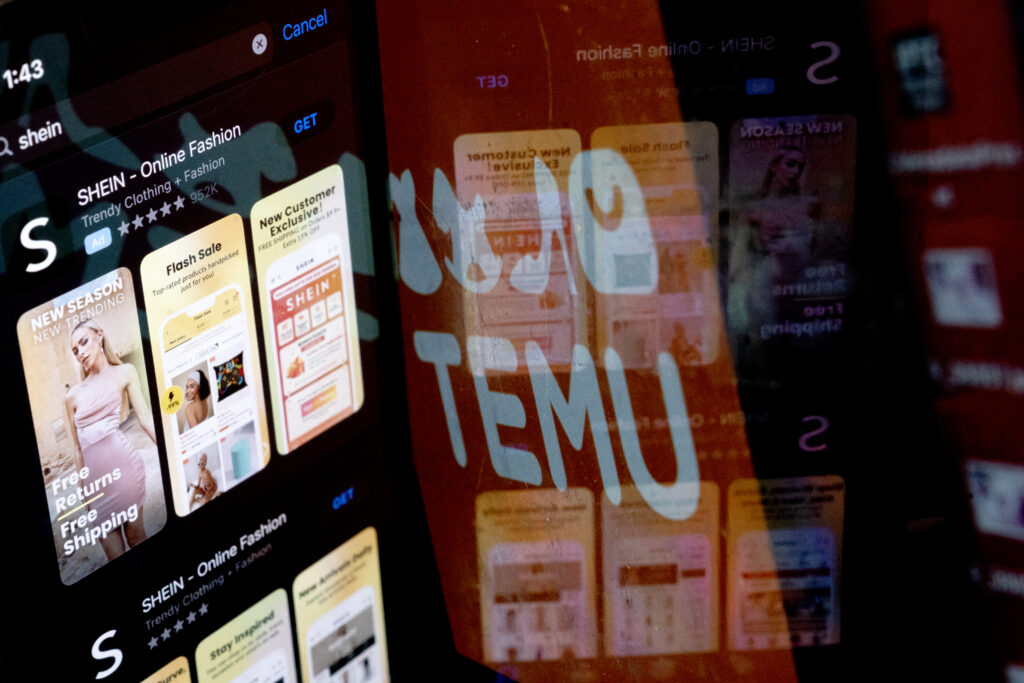
The European Union is planning to crack down on foreign goods shipped by e-commerce marketplaces like Shein, Temu, and even Amazon, according to a draft proposal reviewed by the Financial Times.
New customs guidelines would require these companies to provide information on products — even those sold by third parties — to EU officials prior to their receipt, so that agents can track and inspect packages more efficiently. In an even more significant shift, they would also place the liability of products deemed dangerous or illegal on the shopping platforms themselves, rather than importers, and load additional onus on marketplaces to ensure their products comply with EU rules.
Currently, any EU resident purchasing foreign goods online is considered an “importer” in the eyes of customs enforcement.
In 2024, more than 90 percent of “lower-value” goods making their way into the EU were imported from China through online marketplaces, the Financial Times reported. Under the new rules, the EU intends could potentially disrupt this flow by subjecting such packages to duties that they are currently exempt from. The EU is also considering applying additional handling fees to such imports, and will establish a new EU customs authority (EUCA) to handle their oversight.
“The surging volume of products that are unsafe, counterfeit or otherwise non-compliant leads to serious safety and health risks for consumers, has an unsustainable impact on the environment, and fuels unfair competition for legitimate businesses, with a significant impact on competitiveness in different sectors,” the proposal draft reads. “The EUCA would be able to screen the goods based on this information and to identify potential risks, even prior to the loading of the goods for transport or their physical arrival in the EU.”
The EU has launched multiple investigations into online marketplaces under its Digital Markets Act (DMA), including several antitrust audits levied at Amazon. In late 2024, regulatory insiders told Reuters that Amazon would be facing another battle with the bloc’s antitrust body this year, allegedly for favoring its own products over other vendors on Amazon platforms.
In addition, the EU recently renewed a 6-month period of economic sanctions on Russia in response to its continued invasion of Ukraine, and announced they were exploring widened sanctions on imported goods like video game consoles and controllers.







